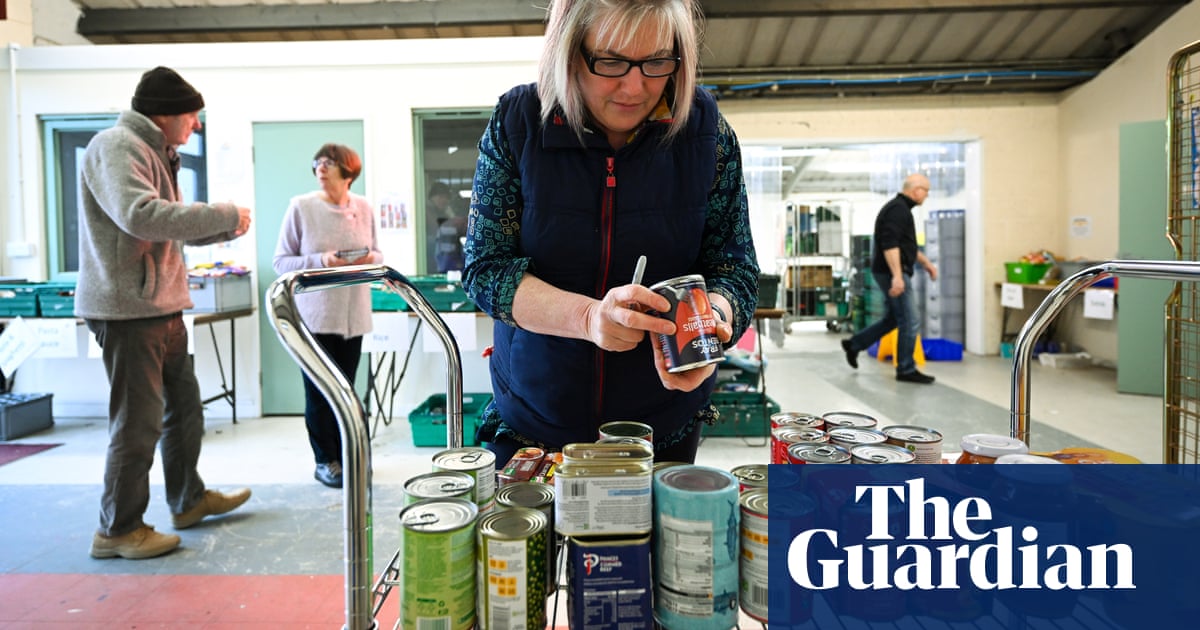
The former prime minister Gordon Brown has said that unless the government comes up with an immediate anti-poverty programme it will face a rebellion from a deeply divided Britain.
Brown called on the chancellor, Rishi Sunak, to announce that the one-year £20 a week increase in universal credit (UC) announced at the start of the coronavirus crisis would be extended and that child benefit would be made more generous.
The Treasury is weighing up whether to continue with higher UC payments after next spring in light of the expected increase in unemployment caused by the prolonged pandemic. The second lockdown in England and the likelihood that restrictions will be in force for the rest of the winter have increased the pressure on ministers to continue with the payments, despite the annual cost of about £9bn.
Brown told an event organised by the Resolution Foundation thinktank that Sunak was falling behind the curve and that instead of “levelling up” the government was “levelling down”.
“If they don’t announce a new anti-poverty programme they will face a rebellion across the country,” Brown said.
Labour used tax credits and higher child benefit in order to tackle poverty during its period in office between 1997 and 2010, but the former prime minister said cuts to the welfare system threatened to push the vulnerable into penury and debt.
“I see a country very fragmented, very polarised and very divided – more divided than I have ever seen it before,” Brown said. He said Britain was on course for an “angry and really desolate” new year.
Brown said research by the Resolution Foundation showing that unemployment and reduced wages had already cut into the incomes of millions of households was a “must read” for the government.
“Action is now urgent because March’s planned withdrawal of £20 from weekly universal credit payments will automatically bring 700,000 more into poverty, 300,000 of them children, as £6bn of spending power is removed from an already fragile economy.
“500,000 of the already poor will be plunged into even deeper poverty as they lose out on £1,000 a year.
“Add to this the impact of rising unemployment, rising food prices and the continuing impact of the two-child limit and the cap on benefits and other social security cuts now in train, and we face a worsening social crisis in the new year.”
The Resolution Foundation report showed that unemployment and reduced wages were cutting into the incomes of the poorest 20% of workers even when the economy was recovering.
Brown said millions faced a Christmas with “falling savings or savings reduced to zero, and thus little cash to buy even the most basic of Christmas presents for their children without going into debt”.












